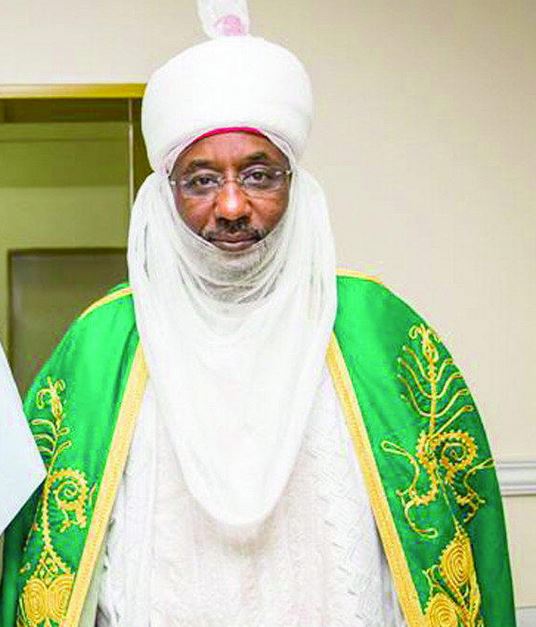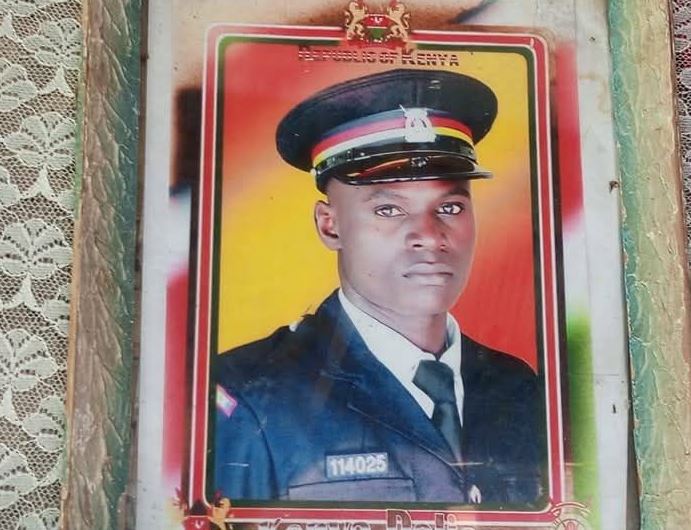Human rights activist and legal practitioner, Christopher Chidera, has criticized the Kenyan government for failing in its international duty to protect IPOB leader, Mazi Nnamdi Kanu, during his abduction and illegal rendition to Nigeria in June 2021.
Chidera alleged that Kenya was complicit in Kanu’s abduction, torture, and unlawful transfer, violating both domestic and international laws. In a statement, he demanded that Kenya be held accountable for its role in the ordeal of the separatist leader.
According to Chidera, Kenya disregarded its own Constitution and legal framework, including: The Kenyan Constitution (2010) – Article 29, which prohibits arbitrary detention and torture.
The Kenyan Extradition Act (1968), which mandates a formal legal process for extradition. International Covenant on Civil and Political Rights (ICCPR) and other treaties requiring due process in deportation and extradition.
Kanu, a dual citizen of the United Kingdom and Nigeria, was reportedly abducted on June 19, 2021, at Jomo Kenyatta International Airport, Nairobi, while picking up a friend. He was allegedly seized by armed operatives believed to be Kenyan and Nigerian security officials, without an enforceable warrant or judicial order.
Chidera detailed that Kanu was detained incommunicado for eight days in a secret location near the airport, where he was: Chained to the floor, Beaten and subjected to degrading treatment, Denied access to sanitation facilities and his medications, and Tortured to the point of unconsciousness
Despite Kenya’s official denials of involvement, Chidera argued that the circumstances surrounding Kanu’s transfer to Nigeria on June 27, 2021, were in clear violation of Kenyan laws: No extradition request from Nigeria was processed. And No judicial proceedings took place before his handover.
The “Doctrine of Specialty”, which limits prosecution to offenses specified in an extradition request, was ignored.
Kenya’s failure to follow legal procedures, he said, suggests an extrajudicial operation orchestrated at the highest levels.
Beyond violating its own laws, Kenya allegedly breached multiple international treaties, including:
ICCPR (Article 13), which protects against arbitrary expulsion of legally present foreigners.
The 1984 UN Convention Against Torture, which prohibits handing individuals over to countries where they may face torture.
Chidera noted that Kanu had previously suffered ill-treatment in Nigerian detention between 2015 and 2017, making his transfer to Nigeria a clear breach of Kenya’s international obligations.
The activist concluded that Kenya’s actions—or inaction—enabled a grave violation of human rights, whether through direct involvement or tacit approval by rogue officials.
“This incident not only jeopardized Kanu’s rights but also damaged Kenya’s reputation as a rule-of-law state within the Commonwealth and the global community,” he stated.
Chidera called on human rights bodies, legal institutions, and international organizations to investigate the case and hold Kenya accountable for its failure to protect an alien on its soil.



























